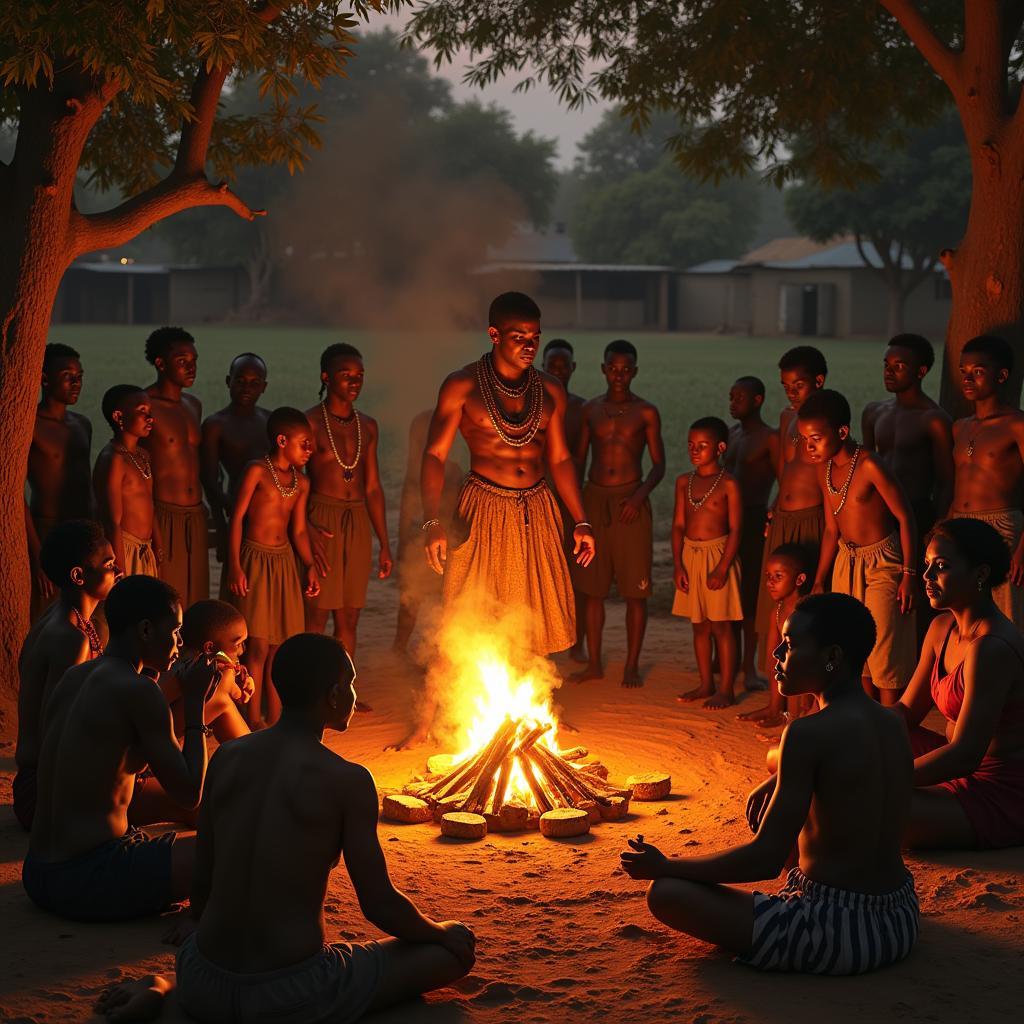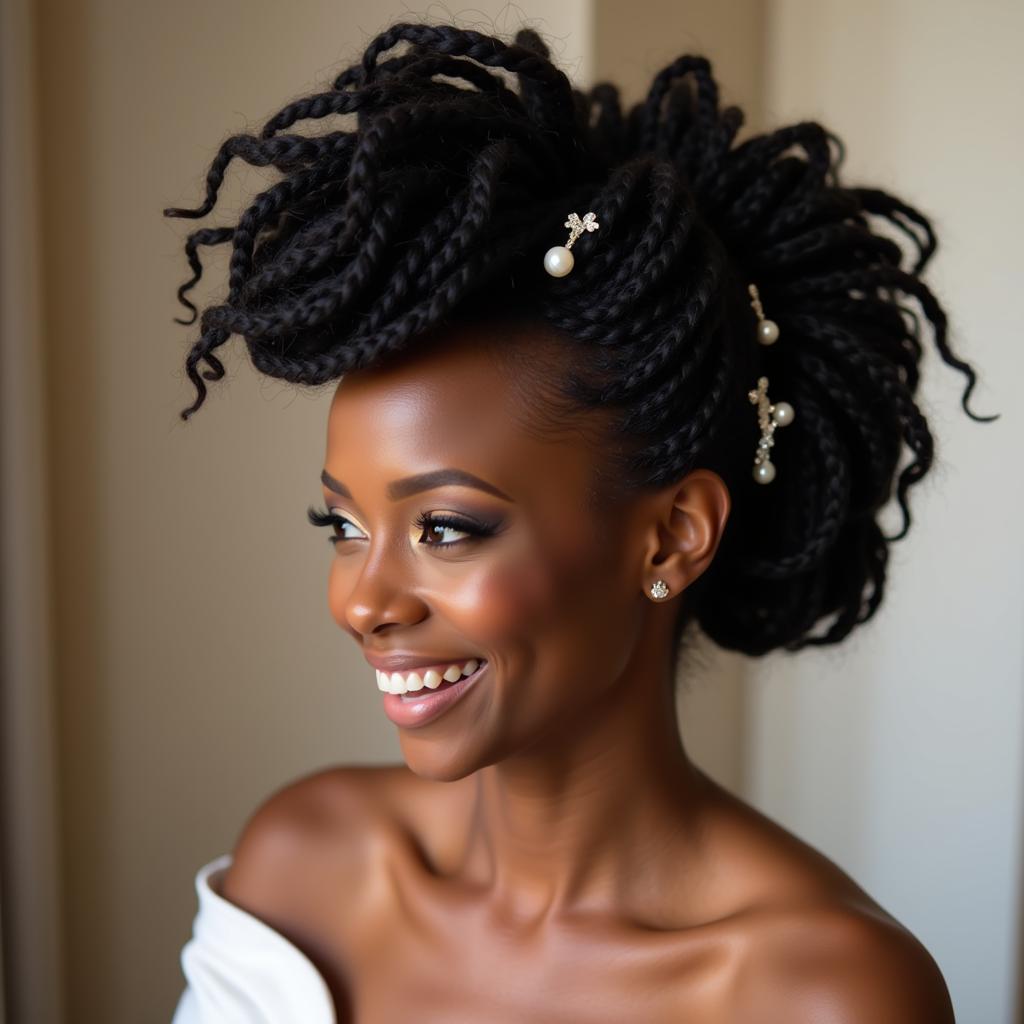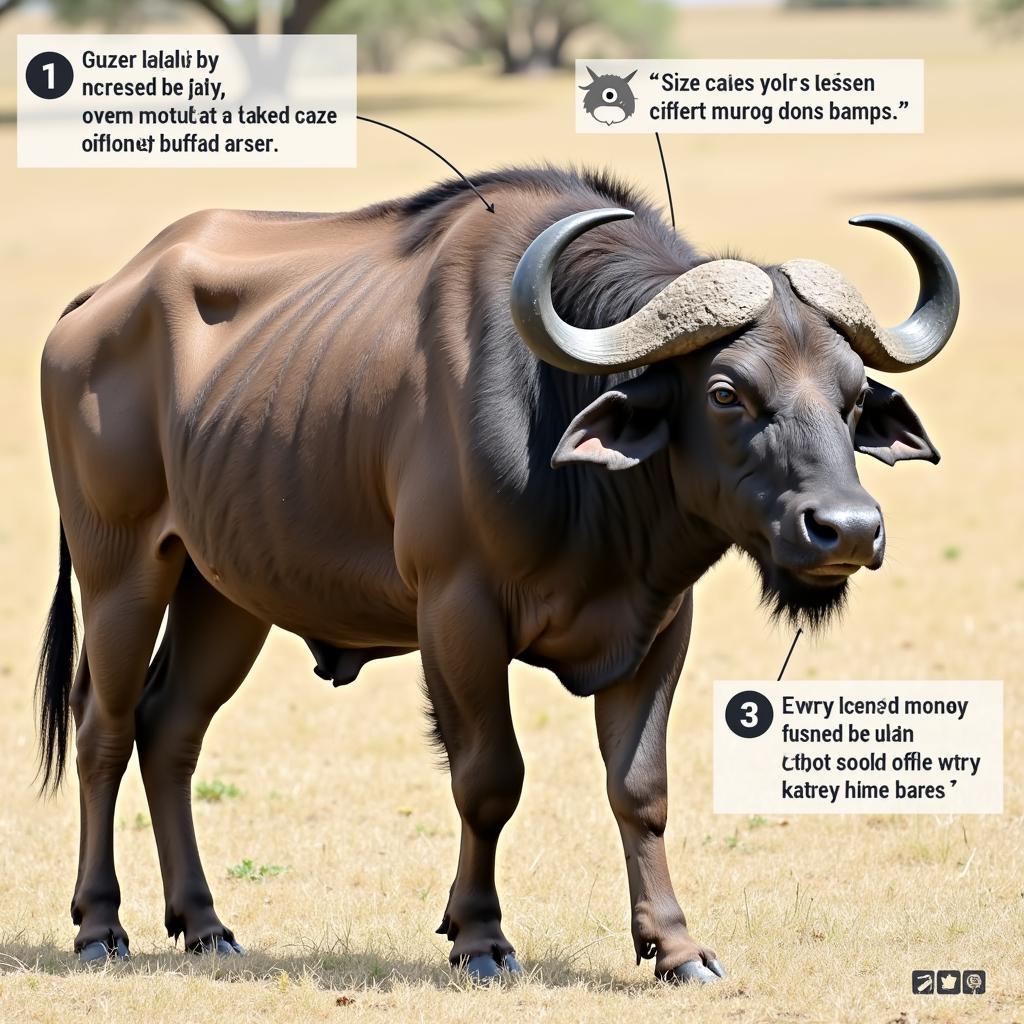Unraveling the Mysteries of African Black Magic
African Black Magic, a term often shrouded in mystery and misconception, evokes images of potent rituals and supernatural forces. This exploration delves into the complex reality of these practices, separating fact from fiction and examining their cultural significance across the diverse landscape of Africa.  African Black Magic Rituals and Practices
African Black Magic Rituals and Practices
Beyond the Myths: Understanding African Black Magic
Western media often portrays African black magic as inherently malevolent, a simplification that ignores its nuanced role in many African communities. It’s crucial to understand that “black magic” is not a monolithic entity but rather encompasses a wide range of beliefs and practices related to spirituality, healing, and harnessing unseen forces. These traditions, often deeply intertwined with ancestral veneration and animistic beliefs, vary significantly across different ethnic groups and regions. For instance, what might be considered “black magic” in one culture could be seen as herbal medicine or spiritual protection in another.
While some practices might involve curses or hexes, many others focus on positive aims such as healing the sick, ensuring a good harvest, or protecting against misfortune. The line between “good” and “bad” magic is often blurred, reflecting the complexities of human intention and the perceived power of these spiritual forces.
The Power of Belief: Traditional Healers and Spiritual Practitioners
In many African societies, traditional healers and spiritual practitioners play a vital role in community well-being. These individuals, often possessing extensive knowledge of herbal remedies and spiritual practices, are consulted for a wide range of issues, from physical ailments to spiritual imbalances. They may use rituals, incantations, and natural ingredients to address these concerns, drawing upon centuries of accumulated knowledge passed down through generations.
African Black Magic in a Modern World
How has the perception and practice of African black magic evolved in the face of globalization and modernization? While some traditions remain strong, others have adapted to contemporary contexts. The rise of Pentecostal Christianity in Africa has, for example, led to complex interactions between traditional beliefs and Christian doctrines. Some individuals may seek both spiritual and religious guidance, navigating the intersection of these belief systems. african black magic rituals
Dr. Aboubacar Diarra, an anthropologist specializing in West African cultures, notes, “The perception of black magic is constantly evolving. It’s not a static phenomenon but rather a dynamic force shaped by cultural change and individual interpretation.”
Is African Black Magic Real?
The question of whether African black magic is “real” depends largely on one’s perspective and belief system. For many practitioners and believers, the power of these practices is undeniable, rooted in a deep connection to the spiritual realm. However, from a scientific standpoint, there is no empirical evidence to support the existence of supernatural forces or the efficacy of magical rituals.
Navigating the Ethical Landscape
It is important to approach the topic of African black magic with sensitivity and respect. Sensationalized portrayals can perpetuate harmful stereotypes and misunderstandings. Furthermore, certain practices, particularly those involving exploitation or harm to others, should be condemned. Recognizing the cultural significance of these traditions while also upholding ethical principles is crucial.
Professor Fatima M’Bengue, a scholar of African religions, observes, “It’s essential to distinguish between genuine spiritual practices and exploitative acts disguised as tradition. Critical thinking and cultural understanding are vital when navigating this complex landscape.”
Conclusion: African black magic, a multifaceted and often misunderstood aspect of African culture, invites us to explore the complex interplay between belief, tradition, and the human search for meaning. By moving beyond simplistic narratives and embracing nuanced understanding, we can appreciate the rich tapestry of spiritual practices that shape the lives of millions across the African continent.
FAQ
- What are some common misconceptions about African black magic?
- How does African black magic differ from witchcraft in other cultures?
- What role do traditional healers play in African communities?
- Are there ethical concerns surrounding the practice of African black magic?
- How has globalization impacted traditional African beliefs?
- Where can I learn more about African spirituality and traditional practices?
- What is the difference between “black” and “white” magic in African traditions?
Other common situations with questions about African Black Magic:
- Someone seeking help for a specific problem they believe is caused by black magic.
- Someone curious about the history and origins of African black magic.
- Someone researching the different types of African black magic rituals and their purposes.
Further Exploration:
- Read more about traditional African religions and spiritual practices.
- Explore documentaries and ethnographic studies on African cultures.
- Learn about the role of ancestors in African belief systems.
Need support? Contact us 24/7 at Phone: +255768904061, Email: kaka.mag@gmail.com or visit us at Mbarali DC Mawindi, Kangaga, Tanzania.


